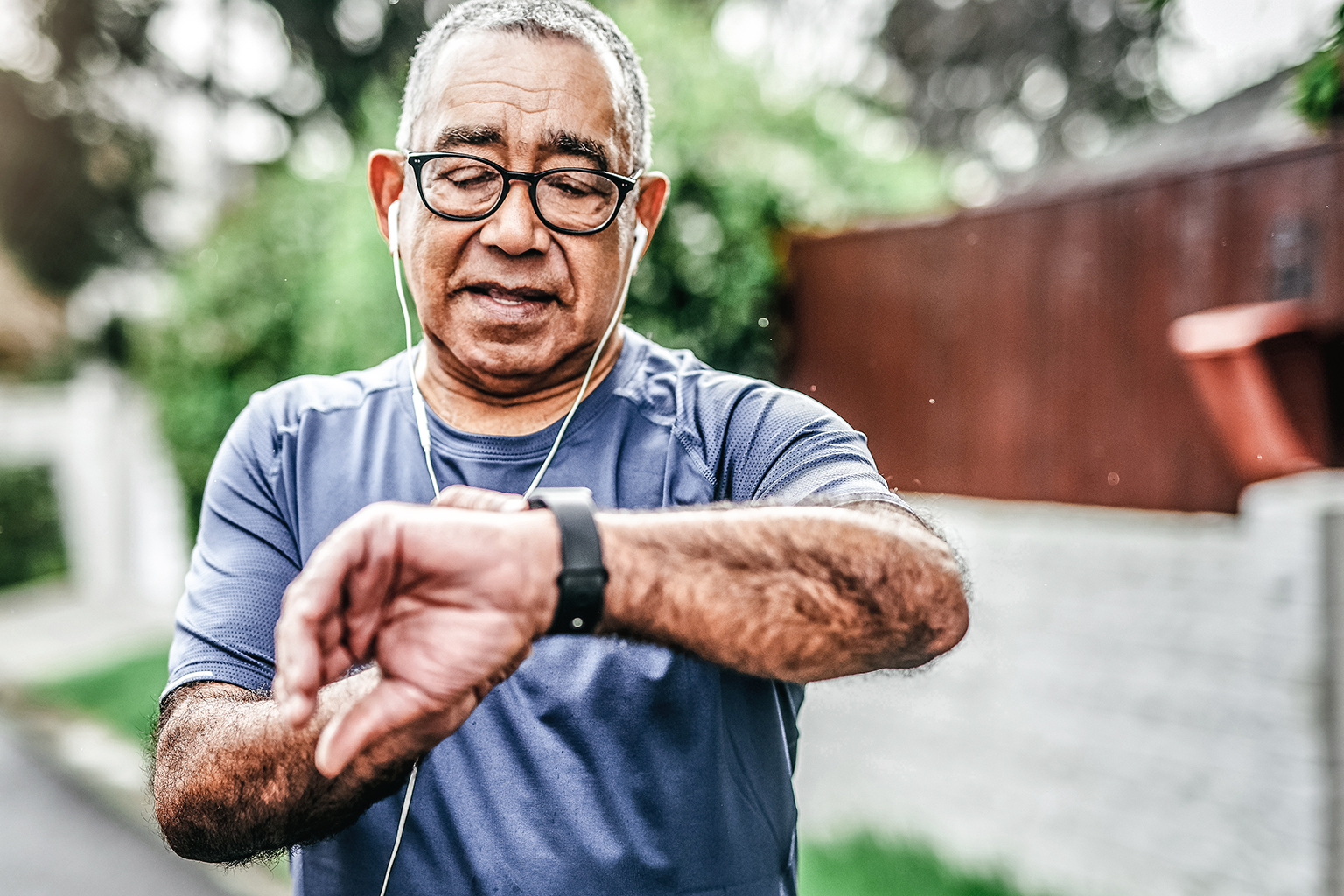If you’ve had some type of heart health issue or undergone a surgical procedure related to the heart, you may have been referred to cardiac rehab. But what is it, exactly?
Cardiac rehab, also called cardiac rehabilitation or cardiopulmonary rehabilitation, is a specialized program designed to help patients ease back into normal life after a qualifying event such as a heart attack, stent placement, or coronary artery bypass. The two main goals of cardiac rehab are risk factor reduction and secondary prevention.
While physical activity is an important component of the healing process and helps strengthen the heart, those with heart health conditions need to be careful as they work their way back into a routine. That’s where cardiac rehab comes into play.
Making Sense of Cardiac Rehab
You’re probably familiar with the term “rehabilitation,” but you may associate it with something like physical therapy, where therapists help patients regain physical abilities following surgery or an injury. That’s not exactly what cardiac rehabilitation is.
During cardiac rehabilitation, participants attend weeks of sessions that include a mix of comprehensive assessment, monitored physical activity and educational support. During these appointments, cardiac rehab specialists will step patients through different types of physical activity, helping them safely build up strength and endurance over time.
This medically supervised exercise is combined with informative sessions about promoting overall heart health, including education about the basics of a heart-healthy diet, smoking cessation, stress management, and other habits necessary for a healthy lifestyle.
The Benefits of Cardiac Rehab
You may wonder why cardiac rehab is recommended. To put it quite simply, it can be lifesaving. While surgical procedures help treat your health condition, cardiopulmonary rehabilitation helps ensure your heart stays healthy in the years to come.
Attending cardiac rehab makes a difference. Research shows that those who participate in cardiac rehab following a heart health event or surgical procedure are less likely to be rehospitalized, have a decreased need for medications, and have a decreased risk of death within a five-year period.
What to Expect From Cardiac Rehab
Those who attend cardiopulmonary rehabilitation at Northeast Georgia Health System are offered three phases of the program.
The first phase begins while you’re still in the hospital. As you recover and stabilize, an inpatient educator will provide guidance about your specific risk factors and lifestyle habits that will help strengthen your heart. During this one-on-one education, you’ll also be provided with details about the next phase, which is our outpatient program.
Phase II is offered in both Braselton and Gainesville. This portion lasts up to 12 weeks or 36 sessions. During this time, you’ll participate in medically supervised physical activity with individualized goals for progress. You’ll have the opportunity to meet with a dietitian to discuss the basics of a heart-healthy diet, and you’ll have access to additional support services, including smoking cessation programs.
Phase III is offered at our Gainesville campus. This phase is considered the maintenance phase of our program. Similar to a gym membership, Phase III allows you to independently continue your recovery after completion of Phase II. These sessions are supervised by our cardiac rehab staff.
At Georgia Heart Institute, we believe that a successful outcome means more than a stable discharge from the hospital. Cardiac rehab plays an important part in that. Learn more about our Cardiac Rehabilitation program.
Georgia Heart Institute – Center for Cardiovascular Prevention, Metabolism and Lipids
As the leading heart and vascular program that’s focused on heart health for generations, Georgia Heart Institute has created an innovative center focused solely on patient education, healthy lifestyle behaviors, advanced screening services and support resources – spanning all types and levels of heart disease.
The Center for Cardiovascular Prevention, Metabolism and Lipids brings together expertise from non-invasive cardiology, culinary medicine, wellness coaching, cardiopulmonary rehabilitation and more to deliver a holistic and comprehensive experience. This highly-trained team of preventative experts helps patients better understand their heart health, while also providing the expert guidance, advanced diagnostic testing and ongoing care needed to achieve and maintain long-term cardiac wellness.



